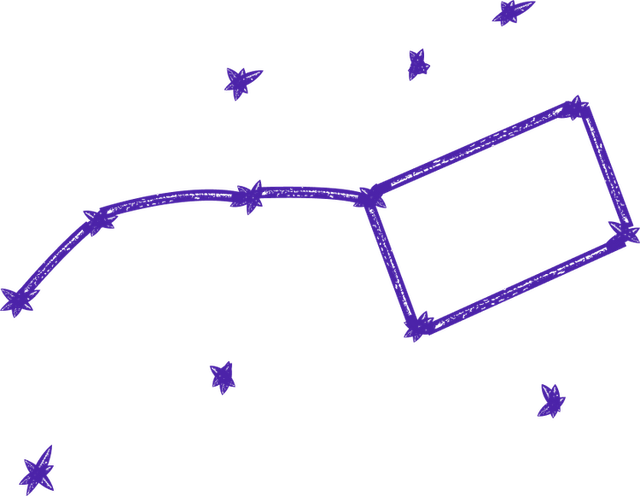
what is fuzzy logic
Fuzzy Logic
The origins of fuzzy logic can be traced back to the work of Lotfi Zadeh, a mathematician and computer scientist who proposed the idea in the 1960s as a way to model human reasoning and decision-making. Zadeh observed that in many real-world situations, people make decisions based on imprecise or incomplete information, and that traditional logic was ill-suited to handle these situations.
Fuzzy logic is based on the concept of fuzzy sets, which are sets that allow for partial membership. In other words, an element can belong to a fuzzy set to a certain degree, rather than either belonging or not belonging. For example, a person's height could be described as belonging to the fuzzy set "tall" to a certain degree, rather than being either tall or not tall.
Fuzzy logic also incorporates the concept of fuzzy rules, which are statements that describe the relationship between inputs and outputs in a fuzzy system. These rules are often expressed in the form of "if-then" statements, such as "if the temperature is high and the humidity is low, then turn on the air conditioning."
One of the key benefits of fuzzy logic is its ability to handle uncertainty and imprecision. Fuzzy logic can be used to model complex systems where the relationships between inputs and outputs are not well-defined, such as in weather forecasting, traffic control, or medical diagnosis.
Fuzzy logic has also been applied in the field of artificial intelligence, where it has been used to build expert systems that can make decisions based on incomplete or uncertain data. Fuzzy logic has been used in a wide range of applications, including robotics, image processing, control systems, and natural language processing.
In conclusion, fuzzy logic is a powerful mathematical framework that allows for reasoning and decision-making in situations where traditional logic falls short. By embracing uncertainty and imprecision, fuzzy logic can help us model and understand complex systems and make better decisions in a wide range of fields.
Let’s build your next digital product — faster, safer, smarter.
Book a free consultationWork with a team trusted by top-tier companies.








